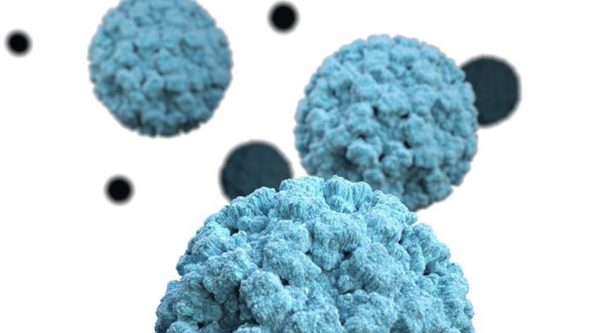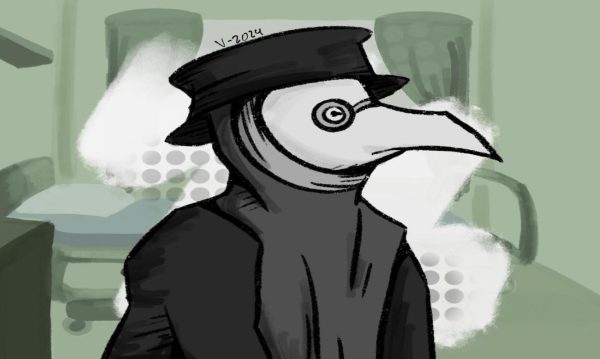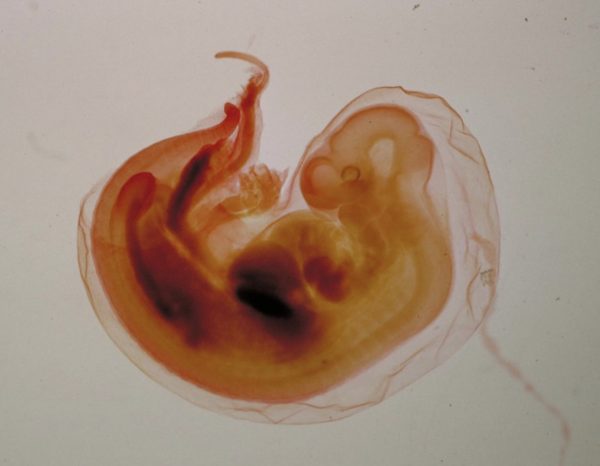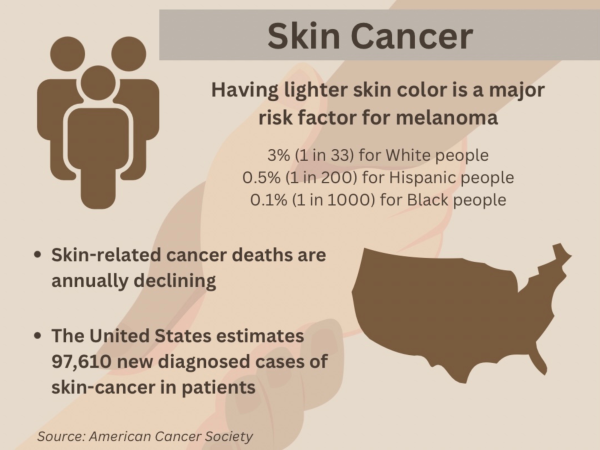Measles outbreak causes health concern
May 23, 2019
In 2018, there were 21 cases of measles in California. There have already been cases in California this year, 11 of which were outbreak-associated cases, and two that were linked to international travel. One case was from a person in San Francisco.
Last year, there were a total of 349 con rmed measle cases nationwide, the second biggest number since the disease was eradicated in 2000.
The last major outbreak of measles in California happened to people who visited Disneyland between December 2014 and April 2015. At least 130 people were infected, and the outbreak affected six other states, as well as Mexico, and Canada.
Washington State declared a public health emergency near the end of January 2019. New York State declared a health emergency at the beginning of April and is facing its worst outbreak in decades, topping over 200 cases in New York State alone. As of April 26, 2019, there have been 704 con rmed cases of measles in 15 states, including California.
Michael O’Brien, the AP Environmental Science teacher and Dean of Academics, said, “All vaccinations, including measles, need to have been done before the beginning of school, which is an Archdiocese rule.”
The rashes will first appear on the ears, then will affect the rest of the body. Those who are affected are usually contagious for about four days before the rash starts and four days after. Some may have measles and spread the disease without having any symptoms for weeks.
Most of the people who have contracted measles are those who are not vaccinated. If a person gets the shot, they have about a 5 percent chance of catching this disease. For children under 5 years of age, 30 percent are hospitalized.
There are numerous reasons as to why parents do not vaccinate their children. One reason is because of their beliefs. Eighteen states, not including California, give parents the option of not vaccinating their child due to their beliefs. Before parents could easily opt out of vaccinations; however, in 2016, California ended the non-medical immunization exemptions. This did not mean parents were forced to vaccinate their child. Parents could still go to their local doctors to obtain exemptions and send the state health department the reason they are exempting their child from being vaccinated.
Subsequently, the Senate Health Committee approved a proposal on April 24 to give state public health officials, instead of local doctors, the power to decide which children can skip their shots before attending school.
Another reason parents do not want their child to get vaccinated is because of pamphlets that show potential negative effects of the vaccine: including autism, brain damage, behavioral problems, and cancer. The Centers for Disease Control says these effects are unproven and vaccines are generally safe.
An article published linking vaccines to autism has been discredited, but people still believe there is a risk. According to Children’s Hospital of Philadelphia, “In 1998, Andrew Wakefield and colleagues published a paper in the journal Lancet. Wakefield’s hypothesis was that the measles, mumps and rubella (MMR) vaccine caused a series of events that include intestinal in ammation, entrance into the bloodstream of proteins harmful to the brain, and consequent development of autism.”
According to the CDC, “Some people have had concerns that Autism Spectrum Disorder might be linked to the vaccines children receive, but studies have shown that there is no link between receiving vaccines and developing ASD.”
Every vaccine has a different length of immunity, and a large percentage of the population needs to be vaccinated in order for the disease not to spread. According to the Epidemiologic Reviews, 83 to 95 percent of the population must be immune to measles in order to maintain the herd of immunity.
Measles is an airborne disease that can linger for hours. It is highly contagious with an infection rate of 90 percent if one is not vaccinated.
The disease is quite miserable, but, most people do not die from measles.













